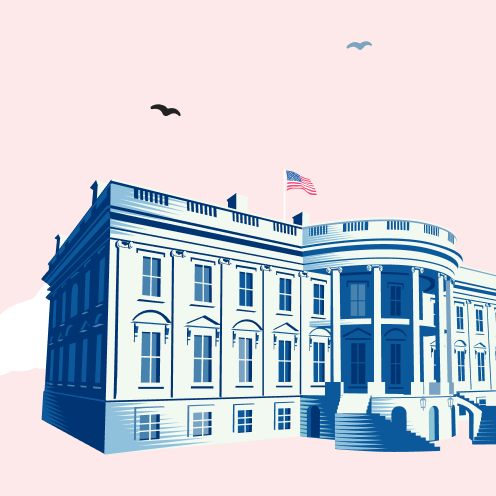
The CEO of America’s largest bank warned shareholders on Monday that President Donald Trump’s sweeping tariffs will likely increase domestic inflation and contribute to the probability of a recession but, more direly, could hurt the U.S.’ economic alliances.
Jamie Dimon, the CEO of JPMorgan Chase, said in his annual letter that the tariffs – a “significant and somewhat unprecedented force” have caused the company to “remain very cautious” about the financial future of the country.
“We are likely to see inflationary outcomes, not only on imported goods but on domestic prices, as input costs rise and demand increases on domestic products,” Dimon wrote. “Whether or not the menu of tariffs causes a recession remains in question, but it will slow down growth.”
Dimon’s warning echoes that of Federal Reserve Chair Jerome Powell and other economists.

Jamie Dimon, the CEO of JPMorgan Chase, warned people of the potential impact of Trump’s tariffs on the U.S. economic alliances (Getty)
But Dimon warned, more sternly, about the tariff’s potential impact on the U.S. global economic alliances.
“If the Western world’s military and economic alliances were to fragment, America itself would inevitably weaken over time,” Dimon wrote.
Global stock markets have been trending downward since Trump unveiled an across-the-board 10 percent tariff on almost every country and even higher tariffs on some of the U.S.’s largest trading partners, including an additional 34 percent on China, 20 percent on the European Union, 24 percent on Japan, 26 percent on India and 25 percent on South Korea.
The president insists these tariffs are necessary to balance what he believes are unfair trading practices.
Dimon recognized that some unfair trade practices have harmed the U.S. by taking domestic jobs away and causing one country to dominate in specific industries.
But he warned that trade policy changes need to be handled with careful negotiations.
The JPMorgan Chase CEO said if other countries issued retaliatory actions, it could affect people’s confidence in the U.S. markets, thus hurting capital flow, corporate profits and potentially, the U.S. dollar. Dimon called it “one large additional straw on the camel’s back.”
“I am hoping that after negotiations, the long-term effect will have some positive benefits for the United States. My most serious concern is how this will affect America’s long-term economic alliances,” Dimon said.
